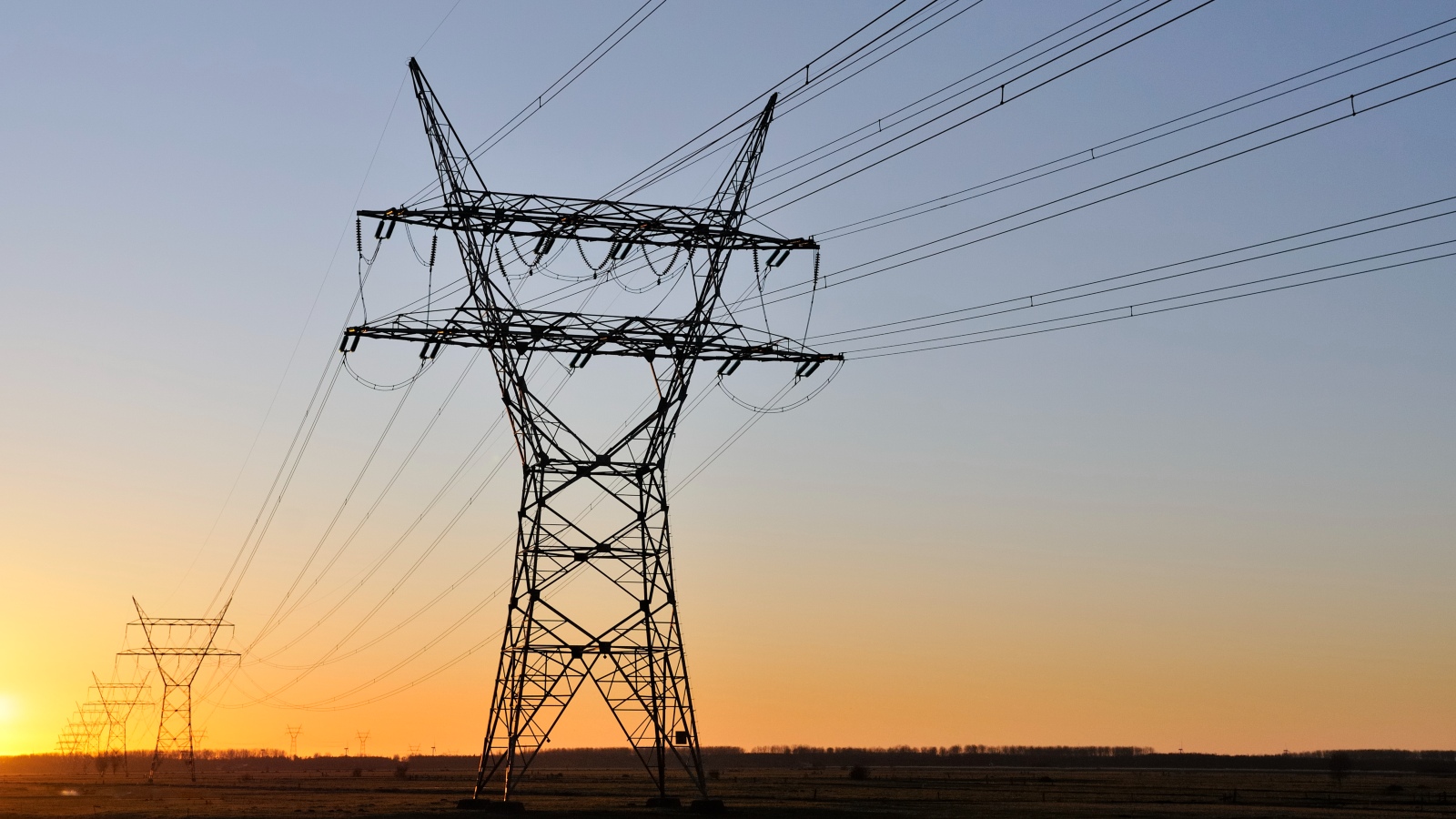Utilities across the country use money collected from customers’ monthly bills to fund political campaigns and lobbying efforts, often with the goal of blocking climate progress. But in Colorado, that’s about to change. This week, the state passed the country’s most comprehensive legislation to prevent utilities from using customer funds to support political activities.
Colorado’s new Utility Regulation Act was passed on Monday by the state Senate after clearing the state House two days prior, and is expected to be signed by Governor Jared Polis soon. It prohibits investor-owned utilities from charging their customers — known as ratepayers — for any membership dues in trade associations, lobbying expenses, or any other activities influencing legislation, ballot measures, and other regulatory actions. It also bars utilities from spending ratepayer money on political advertising or any messaging intended to boost the utility’s brand.
“This is the first comprehensive effort by a state to protect utility customers from being forced to fund gas and electric utilities’ political machines,” said David Pomerantz, executive director of the Energy and Policy Institute, a utility watchdog group.
While federal and state regulations already bar utilities from spending ratepayer funds on lobbying, they tend to use a very narrow definition for lobbying and are “riddled with loopholes,” said Pomerantz.
It’s common practice, for example, for investor-owned utilities to funnel money from customers to trade associations like the American Gas Association and the Edison Electric Institute, which are well known for their political lobbying efforts to protect industry interests. One report from the London-based think tank InfluenceMap found that close to half of the 25 largest investor-owned utilities in the U.S. are actively working to delay the energy transition through lobbying, political messaging, or campaign donations, including via trade groups.
Dues collected from millions of utility customers add up to huge political spending budgets: The Edison Electric Institute has an annual budget of over $90 million, and has led national campaigns against rooftop solar and federal climate regulations.
Edison Electric Institute spokesperson Brian Reil said that the association and its member companies “prioritize customer affordability and reliability as we work to deliver resilient clean energy across our economy.” Reil added that the group supported the federal Bipartisan Infrastructure Law of 2021 and the clean energy tax credits included in last year’s Inflation Reduction Act. The American Gas Association did not respond to Grist’s request for comment in time for publication.
A few other states, including New York and Minnesota, have passed similar laws to address the issue, but none are as comprehensive as Colorado’s. Unlike previous laws, Colorado’s includes an annual reporting requirement to ensure that utilities are complying with the new rules. But the bill stops short of requiring the state’s Public Utilities Commission to impose fines on noncompliant utilities. In response to lobbying from utilities and trade associations, the law was amended to say the commission “may” impose fines — something the commission is already allowed to do. “It’s no real change to the status quo,” said Pomerantz.
The law also directs the Public Utilities Commission to limit how much utilities can charge customers for funds spent on lawyers and consultants working to raise rates for the utility. It also includes a number of provisions to prevent utilities from passing on volatile gas prices to consumers.
Pomerantz and other advocates are hopeful that the new law will inspire efforts in other states at the beginning of the next legislative session. The Colorado law “could potentially be a watershed moment,” Pomerantz told Grist. “These things start with a trickle. Policymakers need to see that something is possible first.”
This story has been updated with comment from the Edison Electric Institute.



